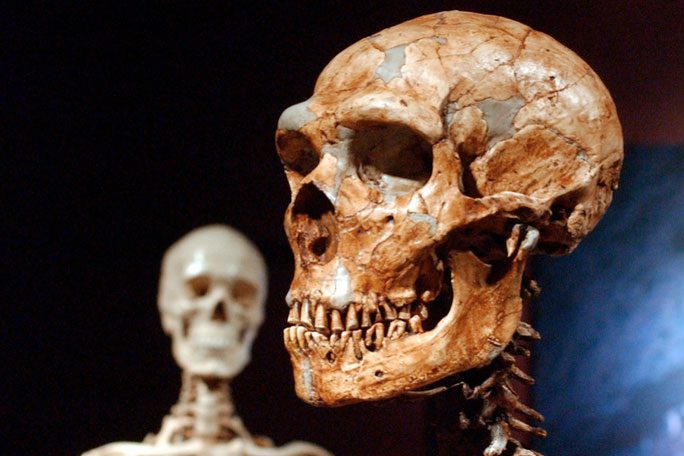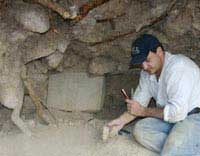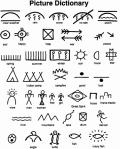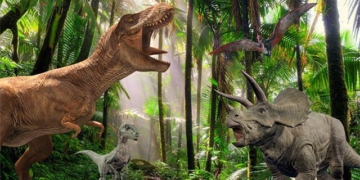Scientists have taken another step towards solving the mystery of “What makes humanity unique?”
DNA fragments may hold the most crucial clues to distinguish modern humans from our ancestors. Researchers continue to seek answers to the question “What makes humanity unique?”
Recently, they advanced in unraveling this mystery with a new tool that allows for more accurate comparisons of the DNA of modern humans and our extinct ancestors.

Reconstructed Neanderthal skull (right) and modern human skull displayed at the American Museum of Natural History in New York. (Photo: AP).
According to a study published in the journal Science Advances on July 16, it was discovered that we and other modern humans share only 7% of our genes, unlike our prehistoric ancestors.
Computer biologist from the University of California, a co-author of the study, stated: “That’s quite a small percentage. Findings like this are why scientists disagree with the notion that we are fundamentally different from Neanderthals.”
The study is based on DNA samples taken from the fossils of extinct Neanderthals and Denisovans, along with DNA from 279 modern humans around the globe. Scientists have known that modern humans share some DNA with Neanderthals. However, different individuals share different parts of the gene pool. One of the goals of the new research is to identify genes exclusive to modern humans.
The research team developed a tool that can calculate lost data in ancient gene sequences, according to paleogeneticist John Hawks from the University of Wisconsin. They also found a smaller portion of our gene pool—about 1.5%—that exists only in modern humans, and every living person today possesses this genetic segment.
Co-author Richard Green from the University of California noted: “These parts of the genome are extremely rich in genes related to neural development and brain function.”
In 2010, Green helped construct the first draft sequence of the Neanderthal genome. Four years later, geneticist Joshua Akey reported that modern humans carry some DNA from Neanderthals. Since then, scientists have continued to refine techniques for extracting and analyzing genetic material from fossils.
“Better tools allow us to ask increasingly detailed questions about human history and evolution,” said researcher Joshua Akey, who was not involved in the new study. “The findings suggest that we are indeed a very young species. Not long ago, we shared the planet with other lineages of humanity.”




















































